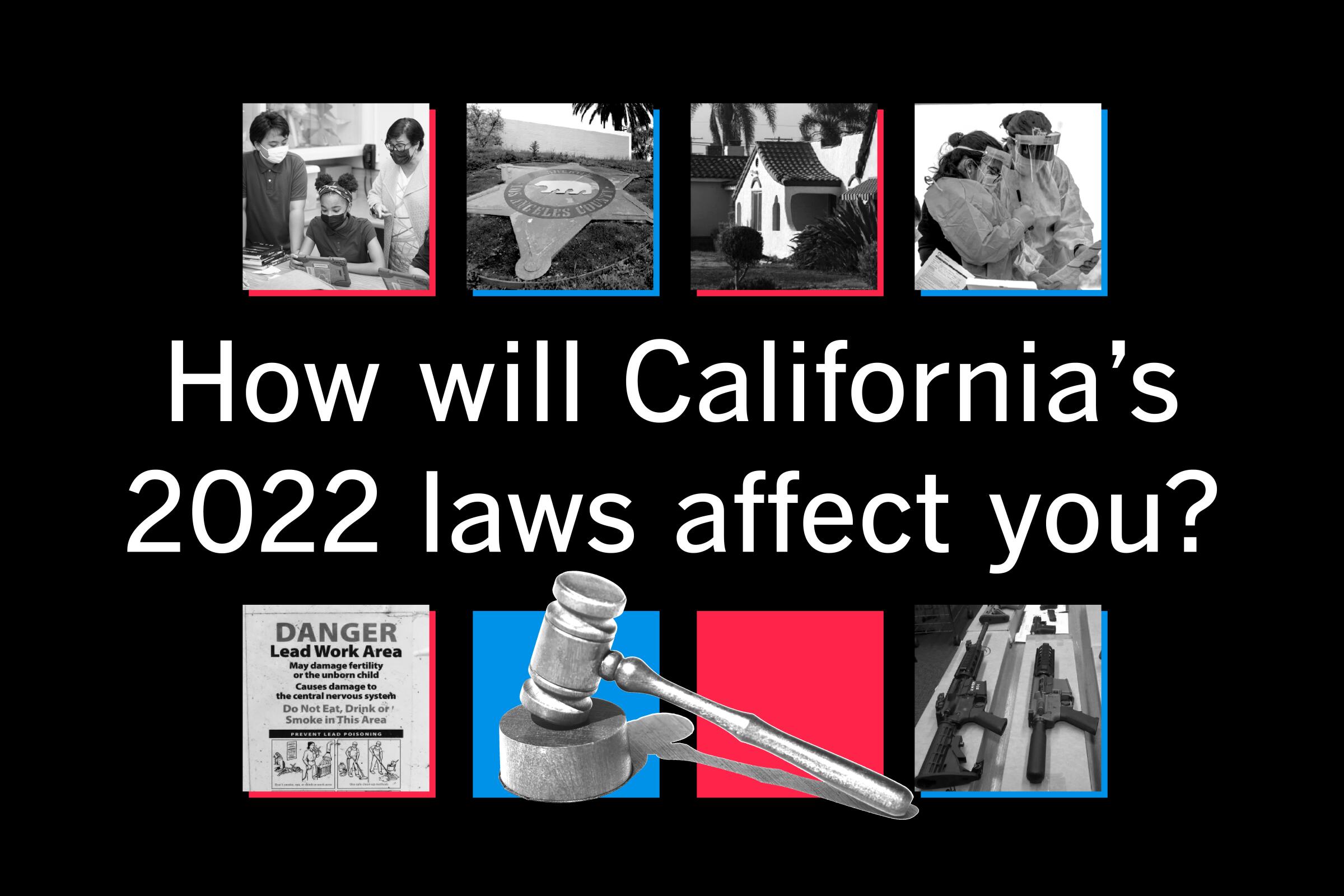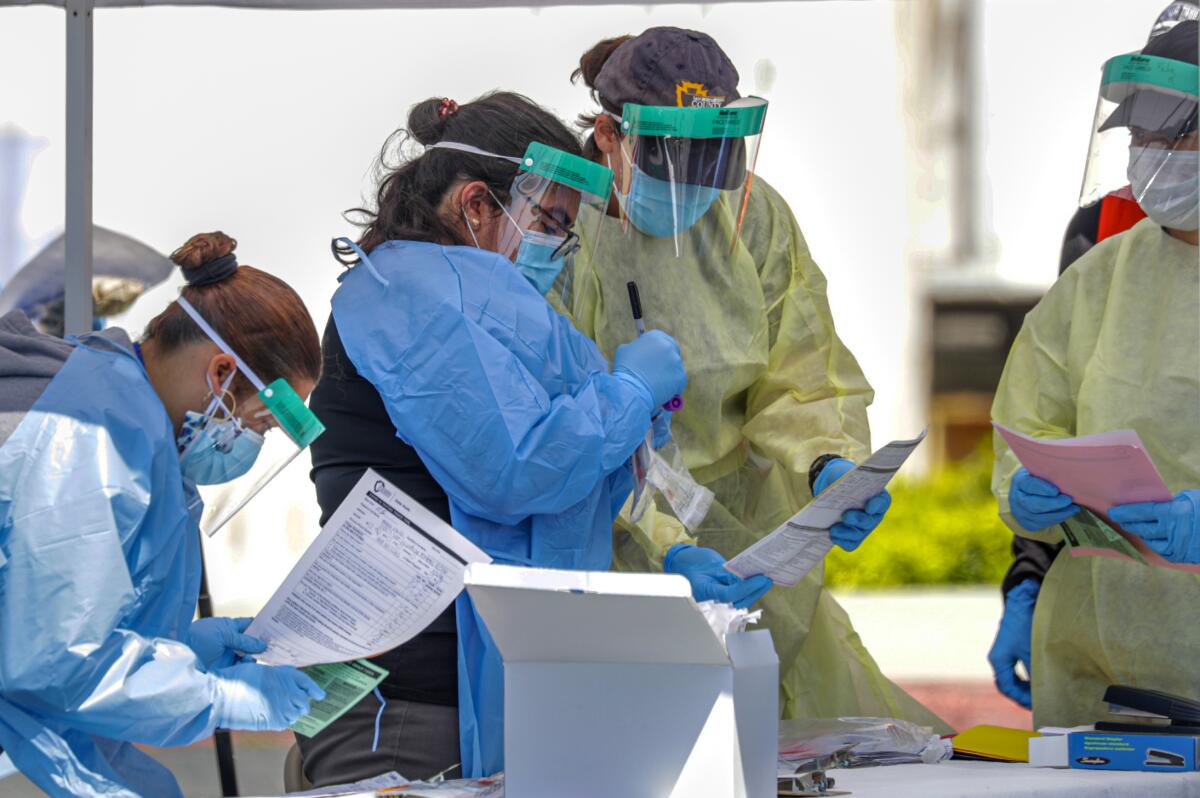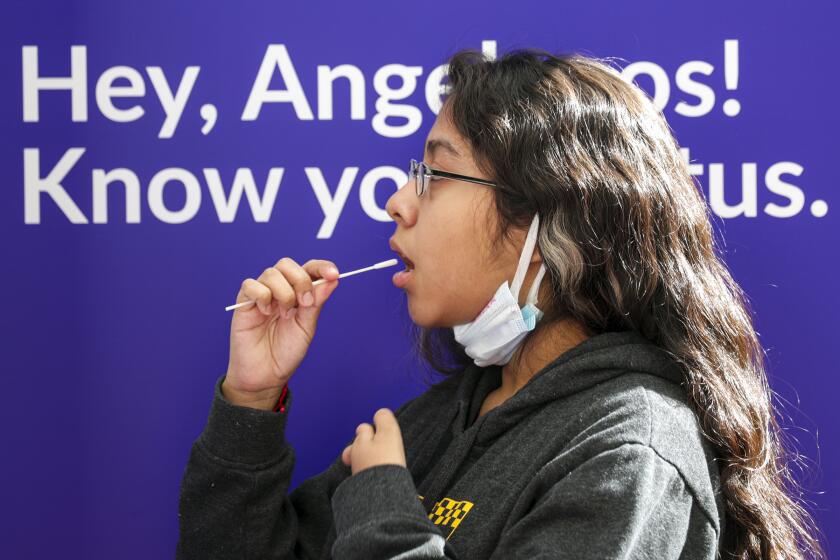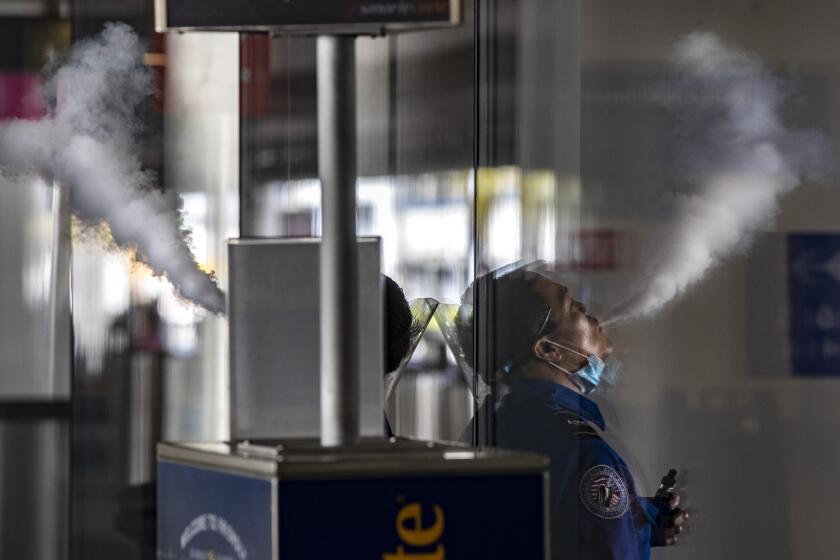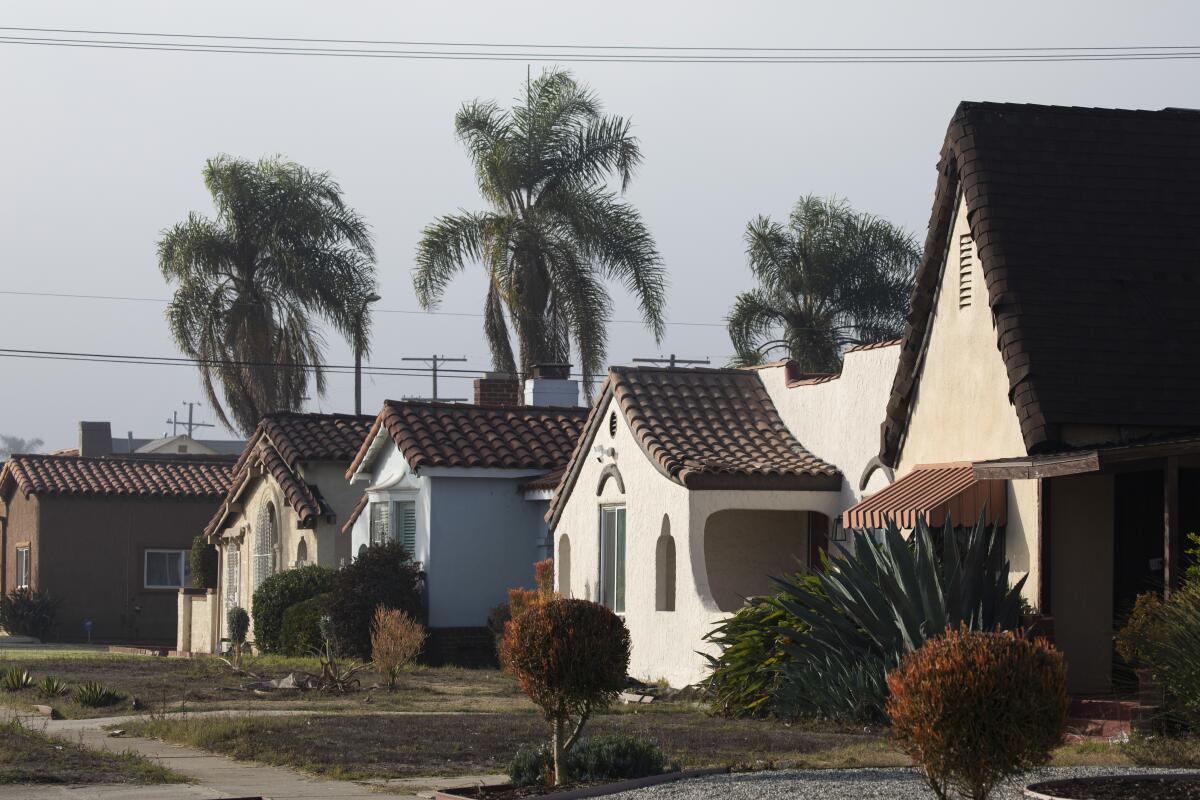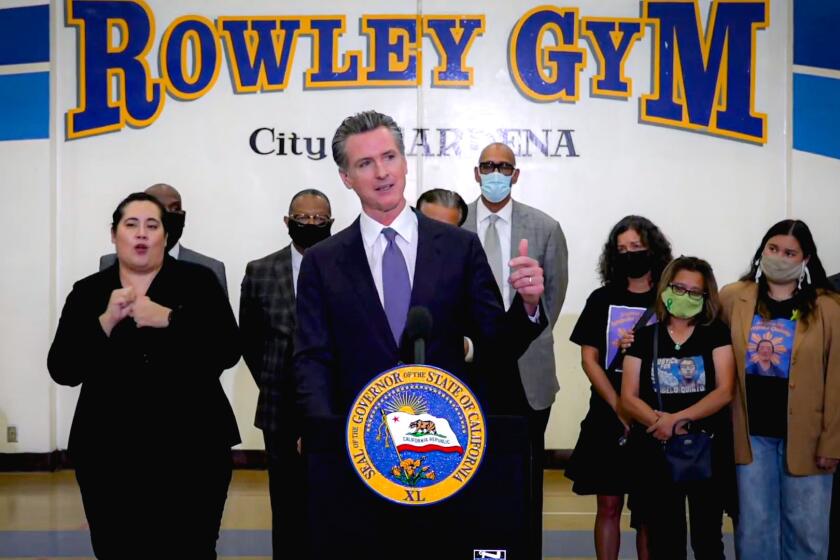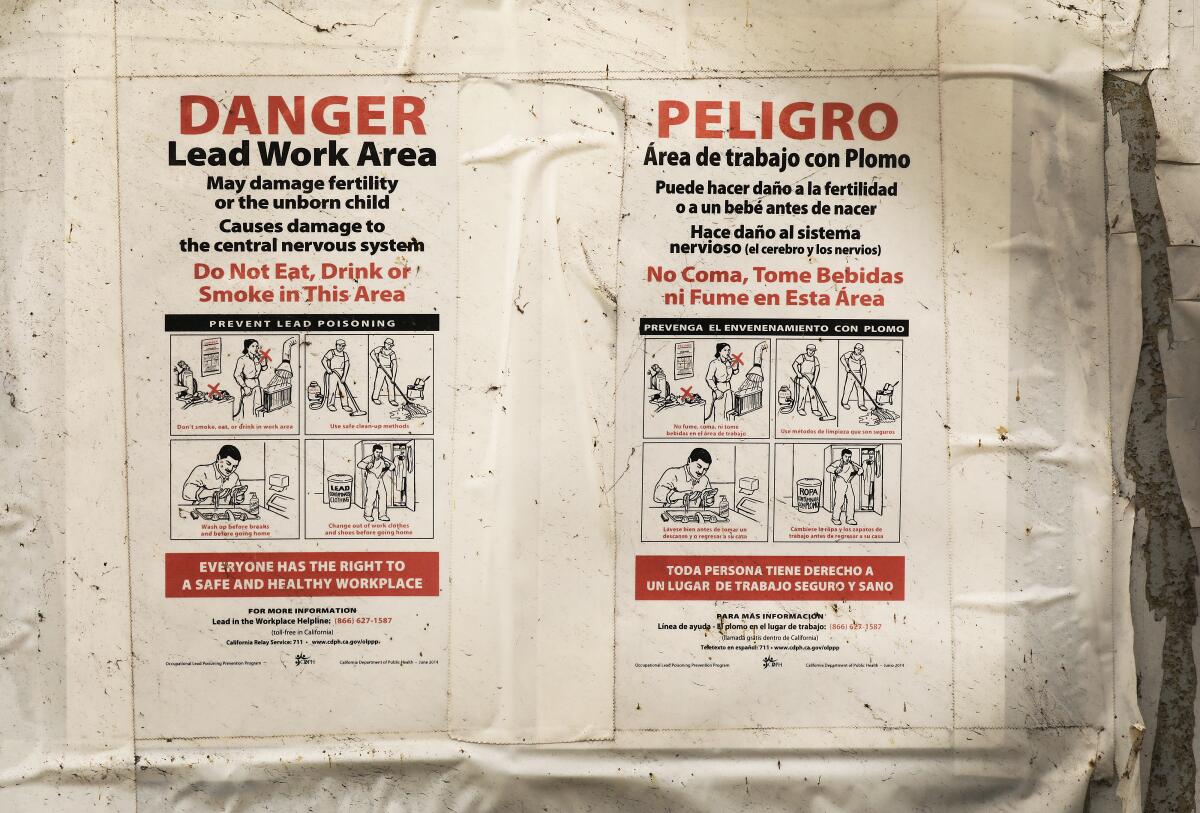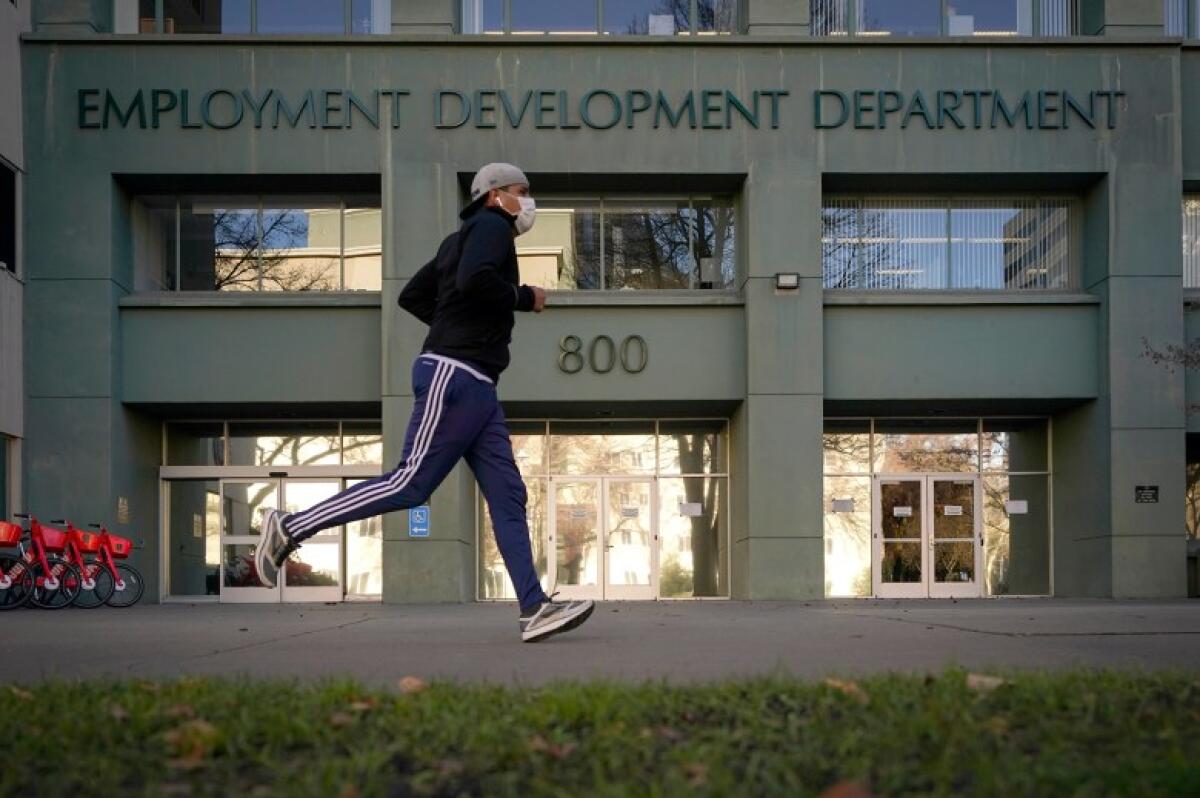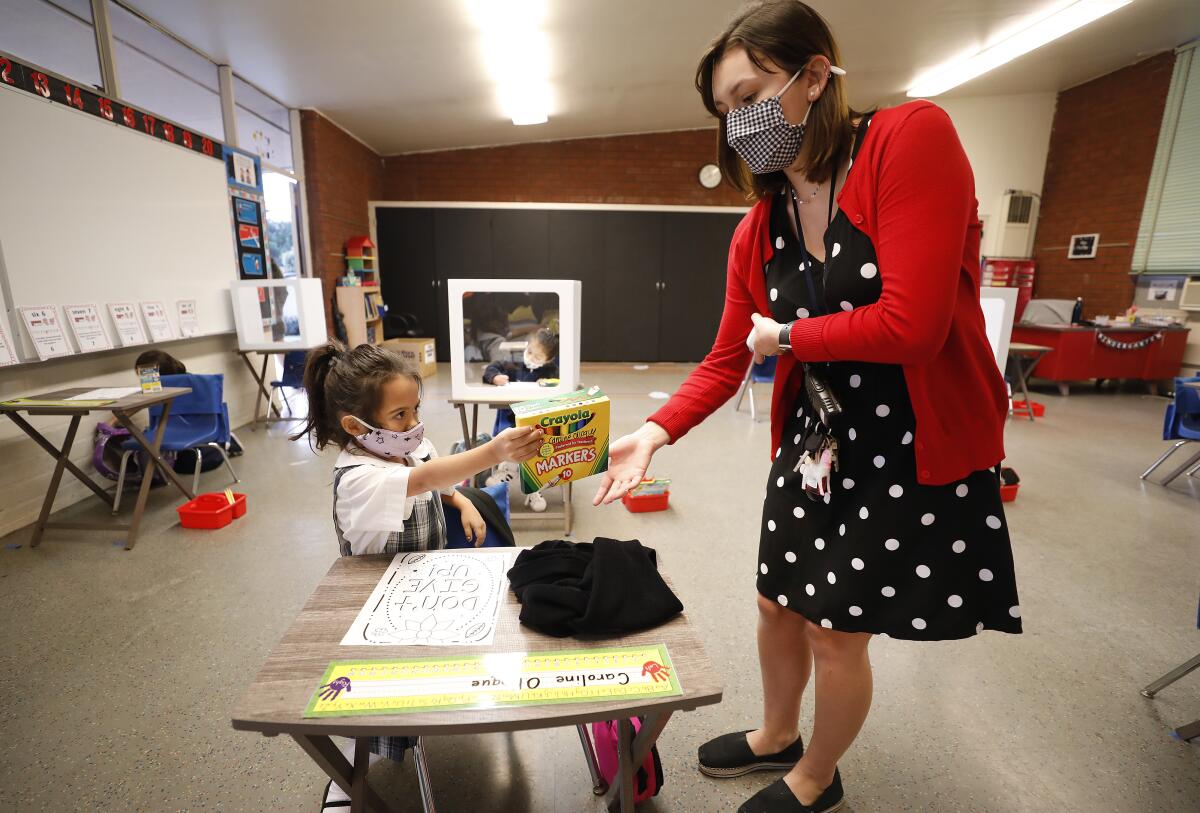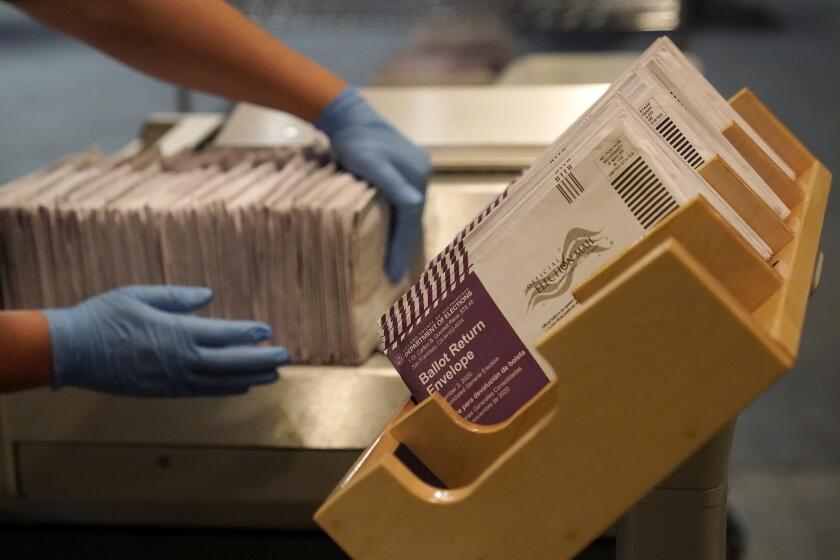Sign up for Essential California
The most important California stories and recommendations in your inbox every morning.
You may occasionally receive promotional content from the Los Angeles Times.
Follow Us
John Myers led the Los Angeles Times’ coverage of state government as Sacramento bureau chief from 2015 to June 2022. He also wrote a weekly newsletter on California politics and provided regular news analysis.
Melody Gutierrez is an investigative reporter for the Los Angeles Times. Previously, she covered state government and politics for The Times, the San Francisco Chronicle and the Sacramento Bee. Gutierrez has written award-winning government accountability stories on wasteful spending, pension spiking, rape kit backlogs and failures in the foster care system.
Taryn Luna covers Gov. Gavin Newsom and California politics in Sacramento for the Los Angeles Times.
Phil Willon is the California politics editor based in the Sacramento bureau of the Los Angeles Times and oversees coverage of state politics and the state capital.
